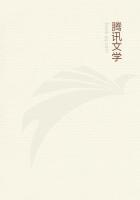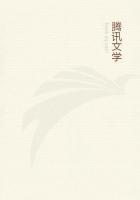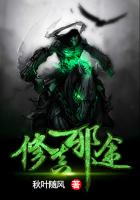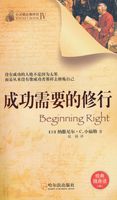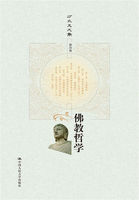Even with respect to the form in which laws ought to be drawn, there is a remarkable difference of opinion between the Greek and the Englishman. Plato thought a preamble essential; Bacon thought it mischievous. Each was consistent with himself. Plato, considering the moral improvement of the people as the end of legislation, justly inferred that a law which commanded and threatened, but which neither convinced the reason, nor touched the heart, must be a most imperfect law. He was not content with deterring from theft a man who still continued to be a thief at heart, with restraining a son who hated his mother from beating his mother. The only obedience on which he set much value was the obedience which an enlightened understanding yields to reason, and which a virtuous disposition yields to precepts of virtue. He really seems to have believed that, by prefixing to every law an eloquent and pathetic exhortation, he should, to a great extent, render penal enactments superfluous. Bacon entertained no such romantic hopes; and he well knew the practical inconveniences of the course which Plato recommended. "Neque nobis," says he, "prologi legum qui inepti olim habiti sunt, et leges introducunt disputantes non jubentes, utique placerent, si priscos mores ferre possemus. . . . Quantum fieri potest prologi evitentur, et lex incipiat a jussione." [Ibid., Lib. viii. Cap. 3, Aph. 69.]
Each of the great men whom we have compared intended to illustrate his system by a philosophical romance; and each left his romance imperfect. Had Plato lived to finish the Critias, a comparison between that noble fiction and the new Atlantis would probably have furnished us with still more striking instances than any which we have given. It is amusing to think with what horror he would have seen such an institution as Solomon's House rising in his republic: with what vehemence he would have ordered the brew-houses, the perfume-houses, and the dispensatories to be pulled down--and with what inexorable rigour he would have driven beyond the frontier all the Fellows of the College, Merchants of Light and Depredators, Lamps and Pioneers.
To sum up the whole, we should say that the aim of the Platonic philosophy was to exalt man into a god. The aim of the Baconian philosophy was to provide man with what he requires while he continues to be man. The aim of the Platonic philosophy was to raise us far above vulgar wants. The aim of the Baconian philosophy was to supply our vulgar wants. The former aim was noble; but the latter was attainable. Plato drew a good bow; but, like Acestes in Virgil, he aimed at the stars; and therefore, though there was no want of strength or skill, the shot was thrown away. His arrow was indeed followed by a track of dazzling radiance, but it struck nothing.
"Volans liquidis in nubibus arsit arundo Signavitque viam flammis, tenuisque recessit Consumta in ventos."
Bacon fixed his eye on a mark which was placed on the earth, and within bow-shot, and hit it in the white. The philosophy of Plato began in words and ended in words, noble words indeed, words such as were to be expected from the finest of human intellects exercising boundless dominion over the finest of human languages.
The philosophy of Bacon began in observations and ended in arts.
The boast of the ancient philosophers was that their doctrine formed the minds of men to a high degree of wisdom and virtue.
This was indeed the only practical good which the most celebrated of those teachers even pretended to effect; and undoubtedly, if they had effected this, they would have deserved far higher praise than if they had discovered the most salutary medicines or constructed the most powerful machines. But the truth is that, in those very matters in which alone they professed to do any good to mankind, in those very matters for the sake of which they neglected all the vulgar interests of mankind, they did nothing, or worse than nothing. They promised what was impracticable; they despised what was practicable; they filled the world with long words and long beards; and they left it as wicked and as ignorant as they found it.

